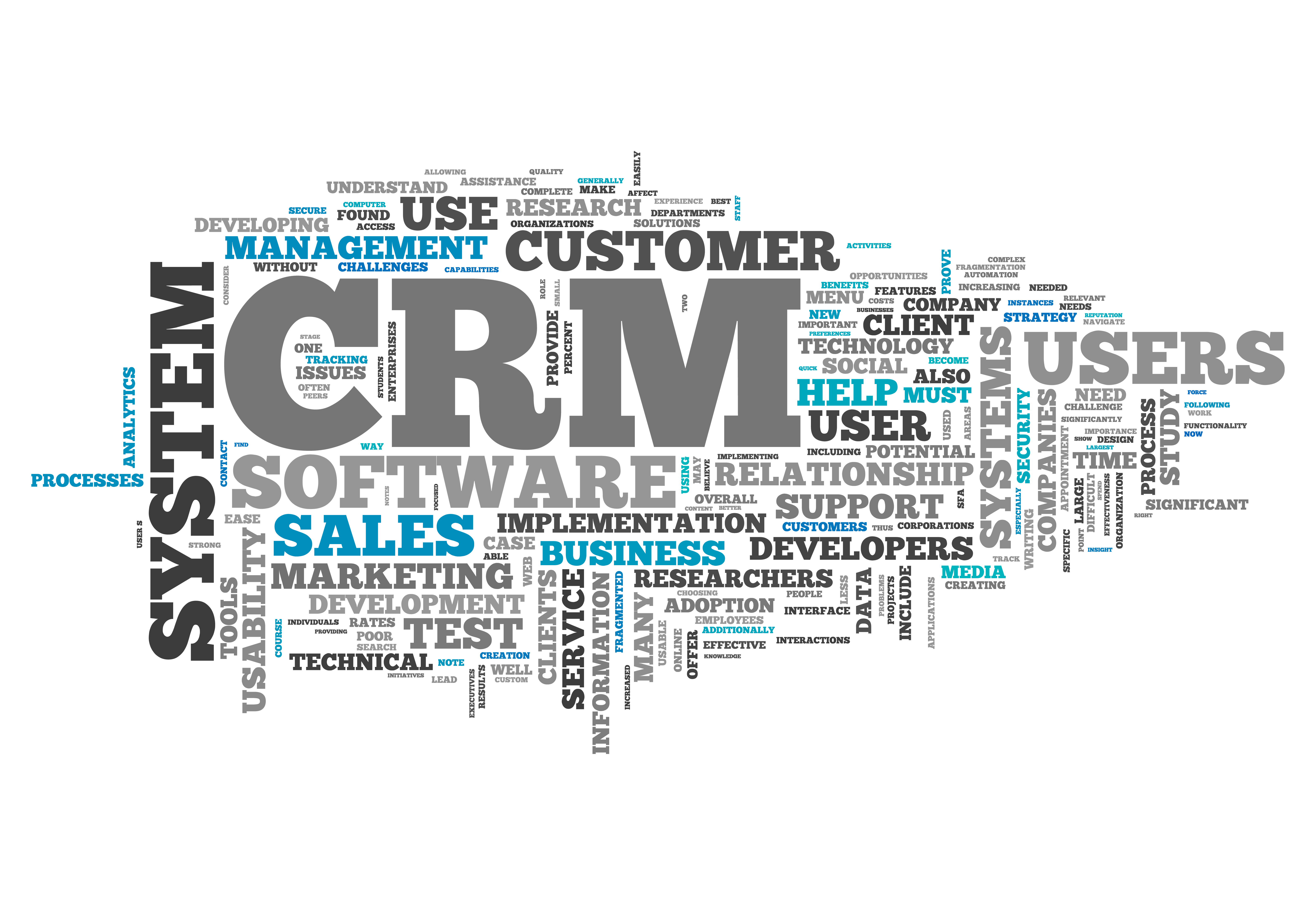Having a CRM helps you to retain your existing Customers and develop a strong relationship with them which leads to greater loyalty and recommendation
Here are 8 good reasons to have a CRM in your business:
- Companies that use CRM successfully have improved their sales by 29% (Salesforce)
Data on the effectiveness of CRM tools can be hard to find. This is because there are many measurable factors that cause these tools to either fail or succeed. The latest and most trustworthy data comes from Salesforce, a major player in the CRM market. In 2013, it was reported that properly using CRM can greatly improve business effectiveness. Salesforce stats show that successful CRM implementation can boost sales by 29%, increase sales productivity by 34%, and sharpen sales forecast accuracy by 42%.
- By using CRM, customer retention and satisfaction rates increase by 47%. (Capterra)
Surely some of the key stats in demonstrating the importance of CRM when running a sales business are customer satisfaction and retention. Customer retention – the company’s ability to keep its customers and inspire brand loyalty – is crucial when evaluating the effectiveness of your CRM. Capterra reports that CRM software boosts both retention and satisfaction rates by 47%. These impressive stats are sure to encourage further growth of the CRM market.
- Conversion rates can rise by up to 300% using CRM. (IBM)
Converting leads or potential customers into buyers is the bread and butter of any sales business. That’s why everyone is wondering “Will CRM improve my conversion rates?”. The stats we have say yes – proper CRM implementation can lead to an increase in conversion rates of up to 300%.
- Customers spend between 20% and 40% more if they’re engaged by a company using CRM, 2017 data shows. (LinkedIn)
As research conducted by Cloudswave suggests, using CRM in sales can increase the amount of purchases customers make with your company. When a company that uses CRM engages a customer, they are likely to spend 20-40% more on their next purchase with the same company.
- 2014 data indicates that the ROI for CRM is $8.71 per $1 spent. (Nucleus Research)
The stats provided by Nucleus Research concerning ROI (return on investment) suggest that investing in CRM will pay off. For every $1 you spend, you make $8.71 back. That is if the CRM is correctly implemented, of course. This translates into an impressive 771% ROI.
- 6% of sales professionals say that CRM tools have a significant impact on their company’s bottom line. (LinkedIn)
Among those surveyed in LinkedIn’s 2016 State of Sales report, approximately a third of respondents said that using CRM tools was important for their business. Another 29.6% described their usage of CRM tools as impactful.
- Only 22% of companies using non-mobile CRM meet their sales quotas compared to 65% of those that use mobile CRM systems. (Innoppl)
Mobile CRM leads the way. Just as cloud-based CRM is gaining momentum, the need for flexibility and ease of access has led to the increased popularity of mobile CRM, which refers to CRM tools you can access from your phone, tablet, or other devices. Not only is mobile CRM popular, it’s also effective. Research by InnoPpl shows that 65% of companies that use mobile CRM meet their quotas, compared to 22% of those that use non-mobile versions. Switching to mobile and cloud-based systems is the new CRM trend.
- Customer satisfaction will become the most important factor in business by 2020. (Walker)
A report on the future of sales published by Walker predicts that customer satisfaction will become a key differentiator as soon as next year. According to the report, customer satisfaction will surpass price and quality in terms of importance by 2020. Results from this report point out that 86% of customers are willing to pay 25% more for a better customer experience.
To find out more about setting up your CRM, contact Jamie here.

